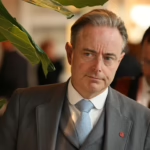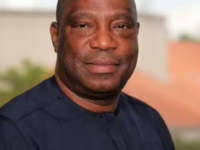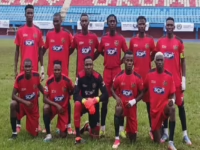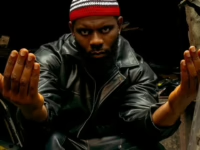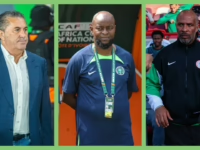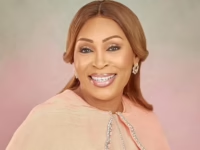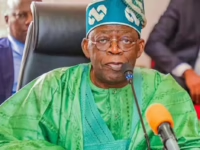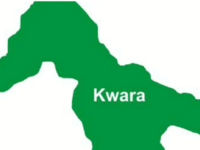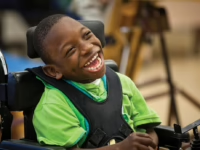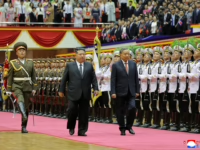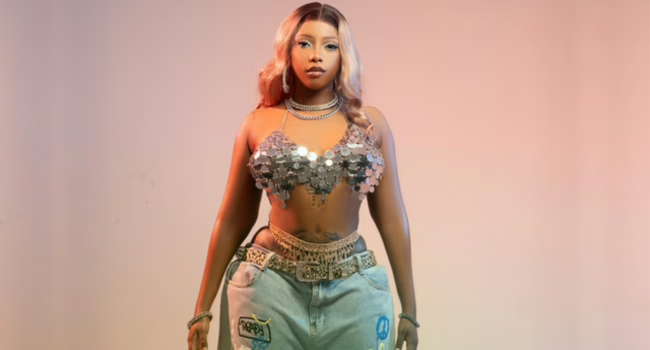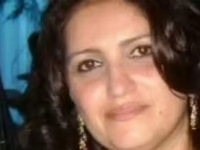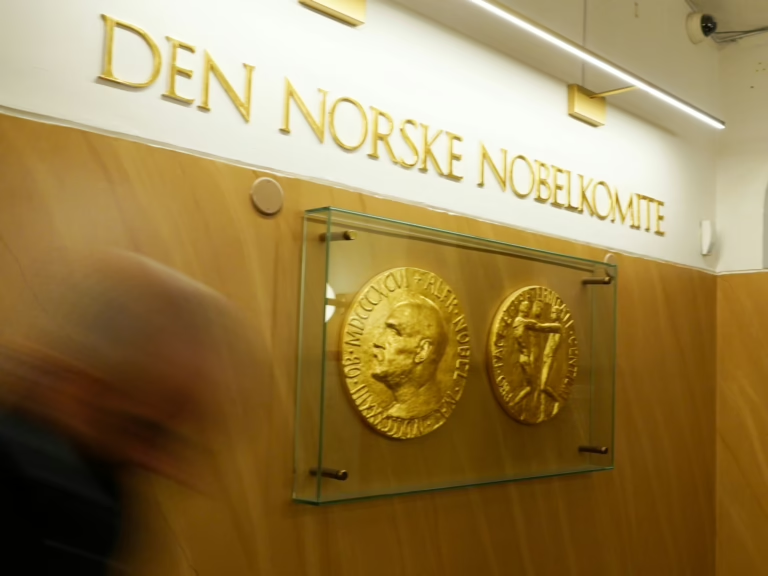The fate of U.S. President Donald Trump’s aspiration to secure the Nobel Peace Prize this year rests in the hands of five Norwegian Nobel Committee members.
Each year, this committee, appointed by Norway’s parliament, selects the laureate for the Nobel Peace Prize, an honor established by Alfred Nobel’s will. The prize recognizes individuals or groups who have made outstanding contributions to fostering international brotherhood, reducing military forces, or advancing peace negotiations.
While nominations for the 2024 prize closed on January 31, the deliberations remain confidential until the winner is revealed.
The announcement is scheduled for Friday at 11 a.m. local time (09:00 GMT) at the Norwegian Nobel Institute in Oslo.
Since resuming office in January, President Trump has asserted that he has ended eight conflicts worldwide, frequently implying that he merits the Nobel Peace Prize. He has even suggested that not receiving the award would be a significant affront to the United States.
Meet the Five Nobel Peace Prize Committee Members
Founded by the Norwegian Parliament (Storting) in 1897, the Nobel Committee is responsible for selecting the Peace Prize recipients. Members serve six-year terms and may be reappointed.
Committee members represent the political spectrum of Norway’s parliament but are prohibited from holding parliamentary seats during their tenure. The committee elects its own chair and deputy chair, with the Norwegian Nobel Institute’s director acting as secretary.
Here are the current members:
Jørgen Watne Frydnes
At 41, Frydnes is the youngest chair in the committee’s history, appointed in 2021 and serving through 2026. His background is rooted in human rights advocacy, including leadership roles at PEN Norway, which champions freedom of expression, and involvement with Médecins Sans Frontières and the Norwegian Helsinki Committee.
Though officially nonpartisan, Frydnes is aligned with Norway’s Labour Party and has been instrumental in memorializing victims of the 2011 Utoya massacre, contributing to the island’s restoration.
Asle Toje
Vice chair Toje, 51, has been on the committee since 2018 and was reappointed for 2024-2029. Known for his conservative views, he previously served as research director at the Norwegian Nobel Institute and authored The European Union as a Small Power: After the Post-Cold War.
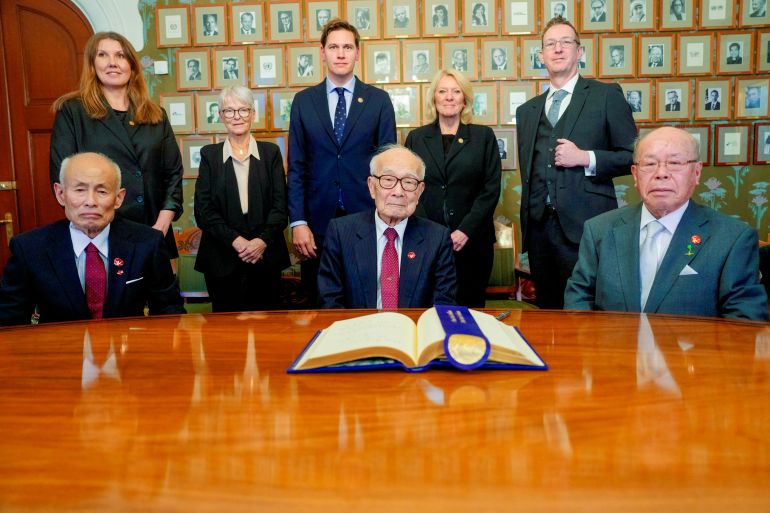
Anne Enger
Enger, 75, has served on the committee since 2018 and continues through 2026. Initially trained as a nurse and educator, she transitioned into politics with Norway’s Centre Party. Her career includes roles as Minister of Culture, Deputy Prime Minister, acting Prime Minister in 1998, and acting Minister of Petroleum and Energy in 1999. Since 2004, she has been the county governor of Østfold.
Enger also led the secretariat for Norway’s People’s Movement against Free Abortion.
Kristin Clemet
Clemet, 68, joined the committee in 2021 and will serve until 2026. A Conservative Party politician and economist, she advised former Prime Minister Kåre Willoch and was Norway’s Minister of Education from 2001 to 2005.
Gry Larsen
Larsen, 49, previously served as Labour state secretary in the Foreign Ministry and led CARE Norway, a humanitarian organization advocating for women’s rights globally. She has publicly criticized Trump’s reductions in foreign aid. Larsen’s current term runs from 2024 to 2029.
Voting Patterns and Decision-Making
The Nobel Committee receives nominations from global government officials, the International Court of Justice, and academics in fields such as history, law, and theology by the end of January. The committee then compiles a shortlist in March and announces the laureate in October, all under strict confidentiality.
Details of individual votes remain undisclosed. Frydnes described the committee’s deliberations as intense yet civil, emphasizing their goal of reaching consensus.
Under Frydnes’s leadership, the prize has honored figures like Maria Ressa and Dmitry Muratov (2021) for defending free speech, Belarusian activist Ales Bialiatski (2022) for human rights advocacy, and Iranian campaigner Narges Mohammadi (2023) for women’s rights. Last year, the award went to Japan’s Nihon Hidankyo, survivors of the Hiroshima and Nagasaki bombings.
Controversies Surrounding Committee Members
Toje and Enger were part of the committee when Ethiopian Prime Minister Abiy Ahmed received the prize in 2019 for ending a two-decade conflict with Eritrea. However, renewed hostilities in Tigray in 2020 sparked criticism of that decision. Toje acknowledged that laureates often provoke debate and controversy, which he sees as part of the prize’s impact.
In 2023, Indian media falsely reported Toje’s endorsement of Prime Minister Narendra Modi for the prize; fact-checkers later debunked this claim.
Enger opposed Norway’s EU membership in 1994, fearing it would erode national traditions and democracy. She has also led unsuccessful anti-abortion campaigns.
Larsen faced accusations from the Norwegian Israel Centre Against Anti-Semitism in 2006, alleging she advocated for a complete boycott of Israel while serving as a political adviser. There is no public record of her response.
Committee Members’ Views on Donald Trump
Trump has long coveted the Nobel Peace Prize, especially after Barack Obama’s 2009 win. He has claimed credit for ending multiple wars, including the recent Gaza peace deal, and reportedly lobbied Norwegian officials, including former NATO chief Jens Stoltenberg, for support.
Frydnes insists the committee remains impervious to external lobbying, emphasizing that thousands of such appeals are received annually.
While Frydnes has criticized Trump’s approach to democratic nations, Enger has refrained from public commentary on the prize. Larsen has openly condemned Trump’s cuts to foreign aid and his rhetoric on women’s and human rights.
Clemet has expressed skepticism, warning that Trump’s presidency threatens American democracy and the liberal international order.
Conversely, Toje attended Trump’s inauguration and described it as a “fantastic event,” advocating for a more nuanced understanding of Trump and the MAGA movement. However, he dismisses lobbying efforts as counterproductive.
Challenges Facing the Nobel Committee This Year
In a world marked by ongoing conflicts and authoritarian crackdowns, coupled with Trump’s persistent campaign for the prize, Frydnes acknowledges the global attention on the committee’s decision. He stresses the importance of principled and steadfast judgment.
Domestically, concerns have emerged about potential repercussions if Trump is not awarded the prize. The U.S. has already imposed tariffs on Norwegian exports, and tensions rose after Norway’s sovereign wealth fund divested from Caterpillar due to its involvement in Israel’s Gaza operations.
Norway’s Foreign Minister Espen Barth Eide clarified that the government does not influence Nobel Peace Prize decisions.
Other Notable Nominees
This year, the committee received 338 nominations, including 244 individuals and 94 organizations. However, the committee does not disclose nominee names, and media speculation often fills the void.
Among the potential contenders are Sudan’s Emergency Response Rooms, a volunteer group providing critical aid amid conflict, and Yulia Navalnaya, widow of Russian opposition leader Alexei Navalny.
Bookmakers currently list Trump and the Sudanese group as frontrunners.
Nina Graeger, director of the Peace Research Institute Oslo, highlights the Emergency Response Rooms for their grassroots humanitarian efforts, such as running communal kitchens, facilitating evacuations, and repairing infrastructure during Sudan’s war. She believes awarding them would underscore the vital role of humanitarian aid in conflict zones and the power of ordinary citizens to promote peace.
Graeger also points to the Committee to Protect Journalists as a deserving candidate, emphasizing that safeguarding press freedom is essential for democracy and peace, especially when journalists face unprecedented threats worldwide.


